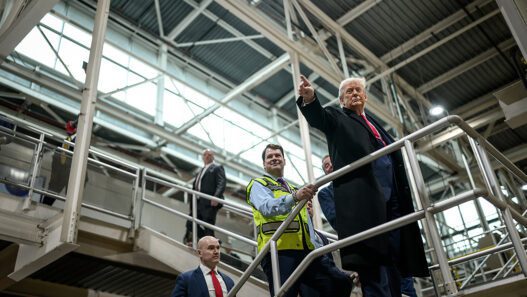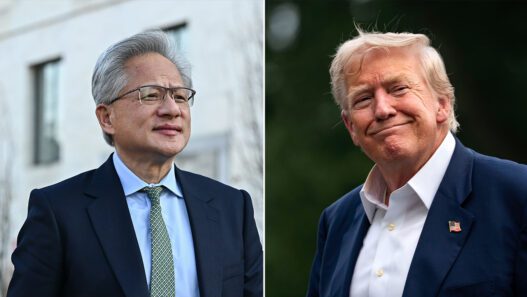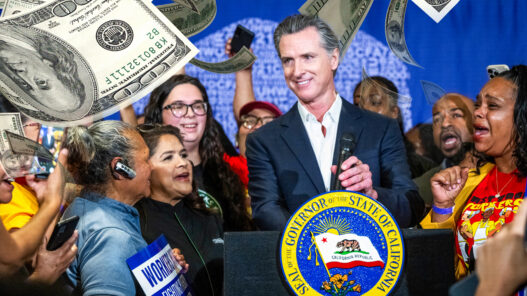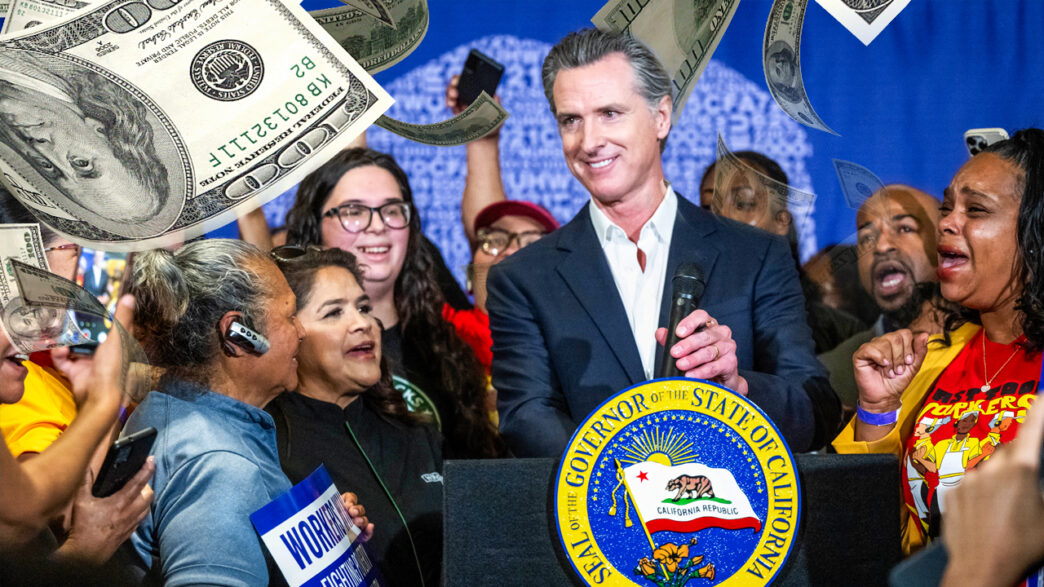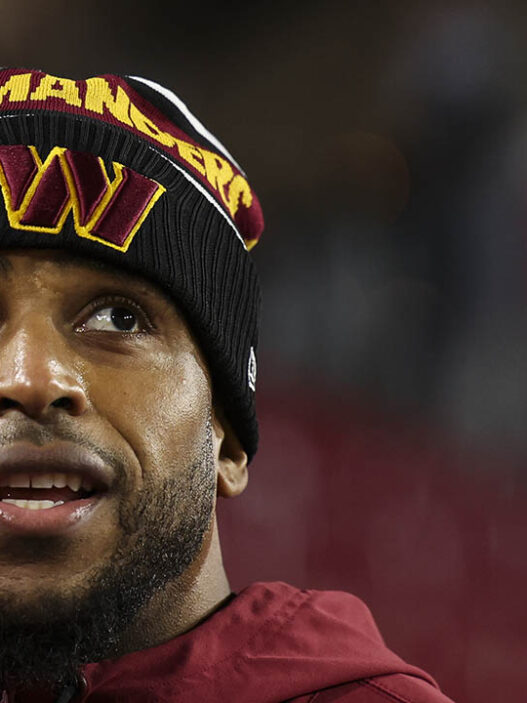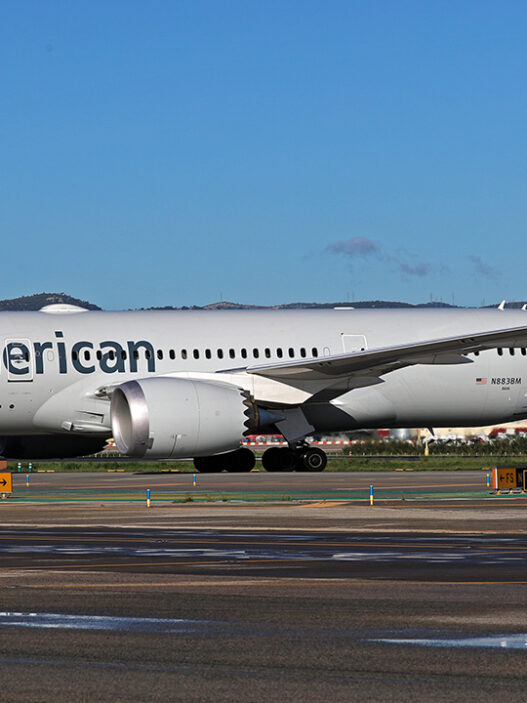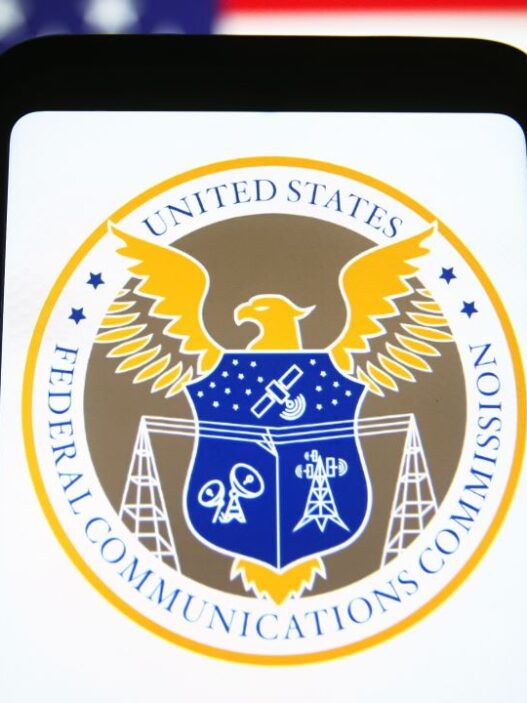A new study published by the National Bureau of Economic Research (NBER) this month found that California’s 2023 minimum wage hike cost the state thousands of jobs.
Researchers found that the state’s $20 minimum wage fast food hike has cost the fast-food sector 18,000 jobs since it went into effect in April 2024, representing a 3.2% decline in that sector compared to fast-food sectors in other parts of the country.
“Our median estimate translates into a loss of 18,000 jobs in California’s fast-food sector relative to the counterfactual,” researchers Jeffrey Clemens, Olivia Edwards, and Jonathan Meer wrote in their paper.
RESTAURANT SURCHARGE STIRS UP CONTROVERSY: ‘BUSINESS OWNER SHOULD BE EMBARRASSED’
The California assembly passed AB 1228 in Sept. 2023, which established the state’s “Fast Food Council” and its ability to set and adjust the sector’s minimum wage.
Additionally, the bill, signed into law by California Gov. Gavin Newsom the following April, established a new minimum wage for fast food workers, which was previously $16 an hour.
“The hourly minimum wage for fast food restaurant employees shall be twenty dollars ($20) per hour, effective April 1, 2024. Thereafter, the council may establish, pursuant to this subdivision, minimum wages for fast food restaurant employees that take effect on an annual basis, beginning on January 1, 2025,” text of the bill read.
The research found that in the year since the bill went into law, California’s fast food employment contracted while fast food employment around the country expanded.
“Following AB 1228’s enactment, employment in the fast food sector in California fell substantially, with estimates ranging from 2.3 to 3.9 percent across specifications, even as employment in other sectors of the California economy tracked national trends,” the researchers stated, noting that employment in the same sector increased by around “0.10 percent” around the country.
POLITICIANS PUSH JOB-KILLING MINIMUM WAGE HIKES WHILE IGNORING THE DEVASTATING ECONOMIC REALITY
The paper noted that prior to AB 1228 going into effect, California’s fast-food sector “was on a similar path as the rest of the United States prior to AB 1228’s enactment.”
Critics slammed the wage hike in the wake of the study.
In a column for The Daily Signal, The Heritage Foundation economic expert Rachel Greszler wrote, “When it comes to central planning, history keeps the receipts: Wage controls never work. That’s because policymakers can set wage laws, but they can’t outlaw the consequences.”
Greszler added, “The consequences of that wage hike on the fast-food industry should be a warning sign” for the city of Los Angeles in particular, after it recently voted to increase the minimum wage for hotel and airport workers to $30 by 2028.
The Wall Street Journal editorial board said Monday that the notion a substantial minimum wage hike helps the economy is “magical thinking.” It also criticized New York City mayoral candidates Andrew Cuomo and Zohran Mamdani for proposing similar wage hikes if elected.
“The Democratic Party’s socialist nominee for New York mayor, Zohran Mamdani, has called for increasing the city’s minimum wage to $30. Andrew Cuomo, his supposedly more moderate competitor, wants a $20 minimum. These guys will never learn because they don’t want to see the world as it really is.”
SCHIFF, WARREN DEMAND TO KNOW IF CBS IS ENDING STEPHEN COLBERT’S ‘LATE SHOW’ FOR ‘POLITICAL REASONS’
Newsom’s deputy director of communications Tara Gallegos disputed the findings of the piece, pointing out to Fox News Digital that the research paper was linked to the Hoover Institution, a public policy think tank she claimed has published “false or misleading information” about California’s minimum wage hike “that later had to be completely retracted.”
Gallegos also shared a San Francisco Chronicle article from Oct. 2024, which stated that the results of the wage hike “defy a lot of the doom-and-gloom predictions made when Gov. Gavin Newsom signed AB1228 back in September 2023. Many of them originated with a survey conducted by the Employment Policies Institute, a think tank founded by a former restaurant industry lobbyist named Richard Berman — once described by TIME Magazine as ‘the wage warrior’ who ‘has been publicly railing against the very idea of a minimum wage since at least the late 1980s.’”
CLICK HERE FOR MORE COVERAGE OF MEDIA AND CULTURE
Additionally, the Newsom staffer cited a study from a UC Berkeley professor on the $20 wage hike from February, and pointed out several of its findings.
“Workers covered by the policy saw wage increases of 8 to 9%, with no negative wage or employment effects on non-covered workers, she said, adding there were “No negative effects on fast-food employment” and that “The number of fast-food establishments grew faster in California than in the rest of the U.S.”
She also pointed out, “Menu prices increased by only an average of 1.5%—equivalent to about $0.06 cents on a $4 hamburger.”
The Berkeley study looked at fast-food sector data from when the bill was enacted in April 2024 up until mid-Dec. 2024.

